Gym beginners often feel overwhelmed when they first step into a gym. The array of equipment, exercises, and workout routines can seem confusing and intimidating. But don't worry! This guide is designed to help gym beginners like you create an effective workout routine that is easy to follow and helps you achieve your fitness goals. Whether you're aiming to get stronger, lose weight, or just stay healthy, this guide will walk you through everything you need to know.
Effective Workout Routine for Gym Beginners
An effective workout routine for gym beginners should be simple, balanced, and easy to follow. It should include a mix of strength training, cardio, and flexibility exercises to build a solid fitness foundation. Start with basic exercises like squats, push-ups, and walking or jogging on a treadmill. Aim to work out 3-4 times a week, allowing time for rest and recovery. This approach helps beginners gradually build strength, improve endurance, and develop healthy exercise habits, setting the stage for long-term success.
Setting Realistic Fitness Goals
Before you jump into exercising, it's important to know what you want to achieve. Setting goals will keep you motivated and on the right track.
Importance of Goal Setting
For gym beginners, setting goals is like having a roadmap for your fitness journey. Without clear goals, it’s easy to lose focus or feel discouraged. Goals give you something to work toward and help you measure your progress. Imagine trying to play a game without knowing the rules or the end goal—it would be frustrating! The same goes for fitness. Whether you want to build muscle, lose fat, or improve your overall health, setting specific goals will keep you committed.
How to Set Achievable Fitness Goals
Set Specific, Measurable, Achievable, Relevant, and Time-bound- SMART Goals. This means your goals should be clear and realistic. For example, instead of saying, "I want to get fit," a better goal might be, "I want to lose 5 pounds in a month by going to the gym three times a week." This goal is clear, realistic, and gives you something to aim for as a beginner. It's okay to start small—what matters is that your goals are achievable and that you can build on them as you progress.
Pre-Workout Preparation
Getting ready for your workout starts long before you step into the gym. Proper preparation ensures that you’ll have a successful and enjoyable workout.
Choosing the Right Gym Attire

What you wear to the gym can make a big difference in how comfortable and effective your workout is. As gym beginners, choosing the right clothes is important. You should look for breathable, moisture-wicking fabrics that keep you cool and dry during your workout. Also, don’t forget about your shoes! Proper footwear is essential, especially for activities like running or weightlifting. Your shoes should provide good support and fit well to prevent any discomfort or injuries.
Hydration and Its Importance
Staying hydrated is crucial for any workout. Dehydration can lead to fatigue, dizziness, and poor performance. For gym beginners, it’s important to drink water throughout the day and have a glass of water about 30 minutes before starting your workout. Water helps keep your muscles working properly and your body temperature regulated. Don’t forget to keep a water bottle with you at the gym to stay hydrated during your exercise session. If you’re working out for a long time or in a hot environment, you might need more water than usual.
Pre-Workout Meal for Beginners
What you eat before your workout can greatly impact your energy levels and performance. Eating the right foods helps gym beginners get the most out of their exercise.
Importance of a Pre-Workout Meal
A pre-workout meal provides your body with the energy it needs to perform well during your workout. Think of it as fuel for your muscles. This meal helps maintain your blood sugar levels, preventing you from feeling tired or lightheaded during exercise. Gym beginners should never skip this meal, especially if they’re planning a high-intensity workout. Without proper fuel, you might not have the energy to complete your workout, and you could feel more tired afterward.
Nutrient-Dense Foods to Eat Before a Workout
For gym beginners, a balanced pre-workout meal should include carbohydrates for energy, protein for muscle support, and a small amount of fat. Some great options include:
- Whole-grain toast with peanut butter: Provides carbohydrates and healthy fats.
- Oatmeal with a banana: Gives you long-lasting energy.
- Greek yogurt and few berries: Provide protein and antioxidants.
- A smoothie with fruits and a scoop of protein powder: Quick and easy, perfect if you’re on the go.
These foods provide a steady release of energy, helping you power through your workout. It’s important to choose foods that are easy to digest, so you don’t feel too full or uncomfortable during your workout.
Timing Your Pre-Workout Meal
Timing is key when it comes to eating before your workout. Gym beginners should aim to eat their pre-workout meal about 1-2 hours before hitting the gym. This helps your body to digest the food with enough time and then convert it into energy. If you eat too close to your workout, you might feel sluggish or get a stomachache. On the other hand, if you wait too long after eating, you might not have enough energy to perform your best. It’s all about finding the right balance for your body.
Post-Workout Recovery
What you do after your workout is just as important as what you do before and during. Proper recovery helps gym beginners build muscle, reduce soreness, and get ready for their next workout.
Importance of Post-Workout Nutrition
Your muscles need nutrients to recover and grow, after a workout. A post-workout meal helps replenish glycogen stores (the energy stored in muscles), repair muscle tissue, and reduce recovery time. For gym beginners, this meal is essential to make sure your hard work pays off. Without proper post-workout nutrition, your body might take longer to recover, and you could feel more sore and tired the next day.
Best Foods to Eat After a Workout
For your post-workout meal, focus on foods that are rich in protein and carbohydrates. Protein helps repair and build muscles, while carbohydrates replenish your energy stores. Some good options include:
- Grilled chicken with sweet potatoes: A perfect combination of protein and carbs.
- A protein shake with a banana: Quick, easy, and portable.
- Salmon with brown rice: Provides omega-3s, which help reduce inflammation.
- Eggs and whole-grain toast: Simple, but packed with nutrients.
These foods help repair muscles and replenish energy, making them ideal for gym beginners looking to build strength and endurance. You don’t need a huge meal—just something to refuel your body and start the recovery process.
Ideal Post-Workout Meals
If you’re not super hungry after your workout, a simple snack can also do the trick. Options like a protein bar, a piece of fruit with some yogurt, or a handful of nuts provide the nutrients your body needs. Just make sure you’re getting some protein and carbs within 30 minutes to an hour after your workout. This helps kickstart the recovery process, so you’re ready for your next workout.
Beginner-Friendly Gym Exercises
Now that you’ve got your energy up and you're ready to go, it’s time to start exercising! Here’s an easy workout plan that’s great for gym beginners who are just starting out at the gym. It has a mix of exercises to help you get stronger, improve your heart health, and stay flexible.
Warm-Up Exercises

Warming up before your workouts is essential as it prepares your body for exercise and prevent injuries. For gym beginners, a good warm-up should last about 5-10 minutes and include activities like:
- Jogging or walking on a treadmill: Gets your heart rate up.
- Jumping jacks: Loosens up your entire body.
- Arm circles: Prepares your shoulders and arms for lifting.
- Leg swings: Loosens up your hips and legs.
This gets your blood flowing and your muscles ready for the workout ahead. Skipping your warm-up can increase the risk of injuries and make your workout less effective.
Strength Training for Beginners

Strength training helps build muscle, improve metabolism, and strengthen bones. Gym beginners can start with basic exercises like:
- Squats: Great for strengthening your legs and core. They mimic natural movements like sitting down and standing up.
- Push-Ups: Helps build upper body strength. You can start with knee push-ups if regular ones are too difficult.
- Dumbbell Rows: Strengthens your back and arms. Start with light weights and focus on proper form.
- Planks: Excellent for core stability. Hold for as long as you can while keeping your body straight.
Start with light weights or just your body weight, and focus on proper form. You should try aiming for 2-3 sets of 10-12 repetitions for each exercise. As you get stronger, you can gradually increase the weight or the number of repetitions.
Cardio Workouts for Beginners

For heart health and burning calories cardio exercises are essential . Gym beginners should start with low-impact activities such as:
- Walking or Jogging on the Treadmill: Start with 20-30 minutes at a moderate pace. Gradually increase the speed or incline as you get fitter.
- Cycling: A great way to get your heart rate up while being gentle on your joints. You can use a stationary bike or hit the trails outdoors.
- Elliptical Trainer: Provides a full-body workout while being easy on the knees. This machine is great for people who want a low-impact cardio option.
These activities can help improve your stamina and endurance. Cardio also helps burn calories, which is great if weight loss is one of your goals.
Full-Body Workouts
A full-body workout engages multiple muscle groups at once, making it efficient and effective. Gym beginners can combine strength and cardio exercises for a balanced routine. For example:
- 10 minutes on the treadmill (Cardio)
- 3 sets of squats (Strength)
- 3 sets of push-ups (Strength)
- 10 minutes of cycling (Cardio)
- 3 sets of dumbbell rows (Strength)
This kind of workout helps you get fit faster by targeting all major muscle groups. Full-body workouts are especially good for gym beginners because they provide a balanced approach to fitness, ensuring you work on all areas of your body.
Cool Down and Stretching

Cooling down is as important as warming up. It helps your body return to its normal state and reduces muscle soreness. Gym beginners should spend 5-10 minutes cooling down with:
- Light walking or slow cycling: Helps lower your heart rate gradually.
- Stretching exercises: Focus on major muscle groups like hamstrings, quads, chest, and shoulders.
Stretching improves flexibility and helps prevent injuries, making it a crucial part of your workout routine. It also feels good and can be a relaxing way to end your workout.
Tips for Beginners at the Gym
Starting a new workout routine can be challenging, but these tips can help gym beginners stay on track and achieve their fitness goals.
Avoiding Common Mistakes
It’s easy to make mistakes when you’re new to the gym. Gym beginners should avoid:
- Lifting too much weight too soon: Start with light weights and focus on form. It’s better to lift less weight correctly than to lift more weight incorrectly, which can lead to injuries.
- Skipping warm-ups or cool-downs: These are essential for preventing injuries and improving performance.
- Not following a plan: Having a structured routine helps you stay focused and make progress. Without a plan, it’s easy to feel lost and not know what to do next.
Staying Motivated and Consistent
Consistency is key to seeing results. Gym beginners can stay motivated by:
- Setting small, achievable goals: Celebrate each milestone you reach, no matter how small. Each step forward is progress.
- Finding a workout buddy: Exercising with a friend can make workouts more fun and keep you accountable. It’s easier to stick to your routine when someone else is counting on you.
- Mixing up your routine: Trying new exercises keeps things interesting and challenges your body in new ways. This also helps prevent boredom and keeps you engaged.
Tracking Your Progress
Tracking your progress helps you see how far you’ve come and what you need to work on. Gym beginners can use a fitness app, journal, or even take photos to track changes in strength, endurance, and body composition over time. Seeing your improvements will keep you motivated and remind you of your hard work.
Conclusion
Gym beginners should focus on setting realistic goals, preparing properly for each workout, and following a balanced routine that includes strength training, cardio, and flexibility exercises. Remember to listen to your body, stay hydrated, and nourish yourself with the right foods before and after workouts. With consistency and dedication, you’ll see improvements in your strength, endurance, and overall health in no time. Welcome to the start of a healthier, stronger you!
FAQs
Q1) What is a good goal for someone starting at the gym?
A good goal for beginners could be something specific and achievable, like "I want to work out three times a week for a month" or "I want to be able to do 10 push-ups in a row."
Q2) How often should beginners do strength training?
Beginners should start with strength training 2-3 times a week, with a rest day in between. This helps muscles recover and grow stronger.
Q3) What should I do if I feel sore after a workout?
It’s normal to feel sore after a workout, especially when you’re starting out. Make sure to cool down and stretch after exercising. Light activities like walking can help reduce soreness.
Q4) How can I stay motivated to keep working out?
To stay motivated, set small, fun goals, find a workout buddy, or try new exercises to keep things interesting. Tracking your progress can also help you see how much you’re improving.

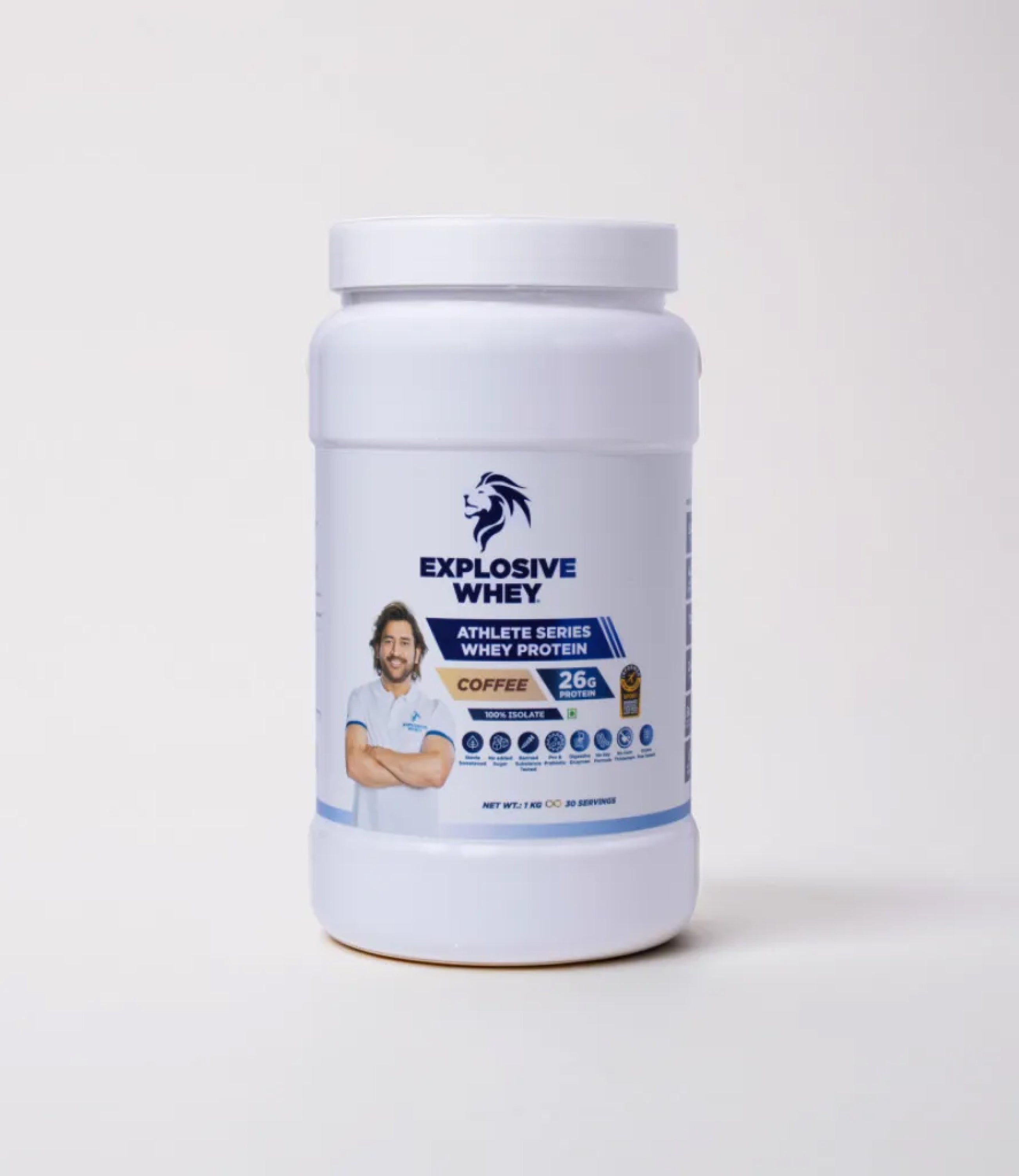
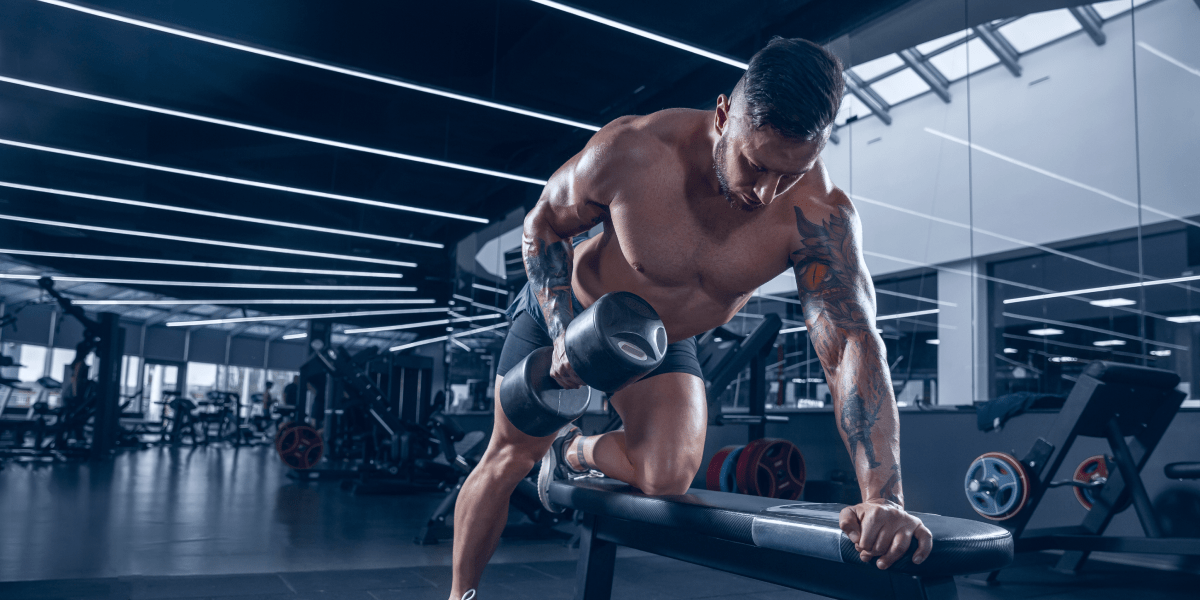
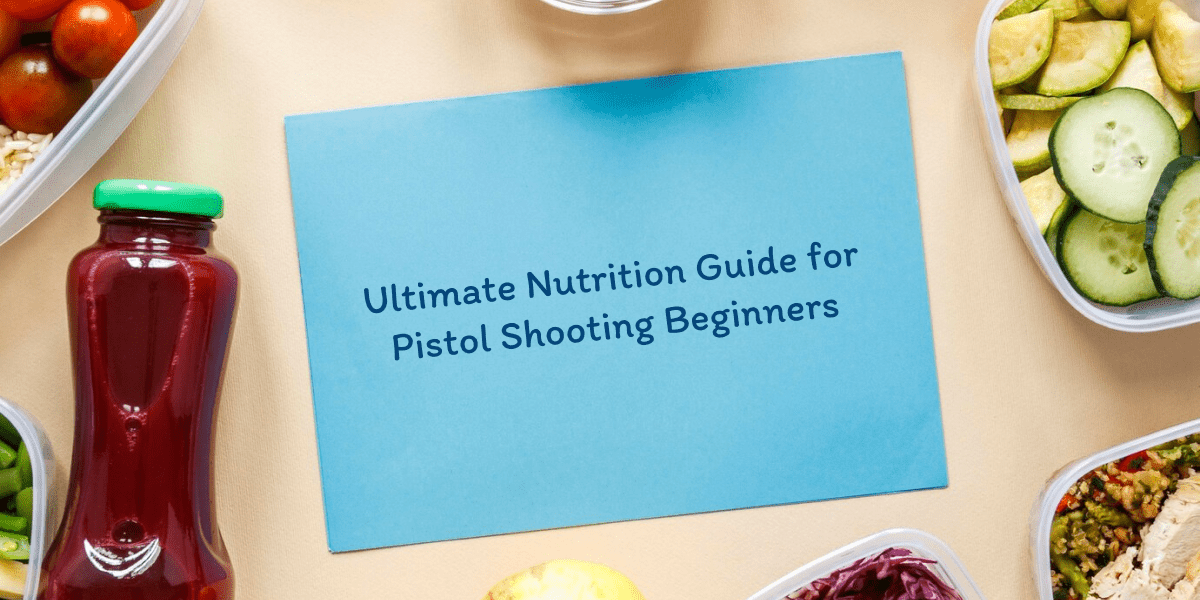

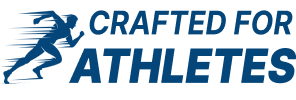
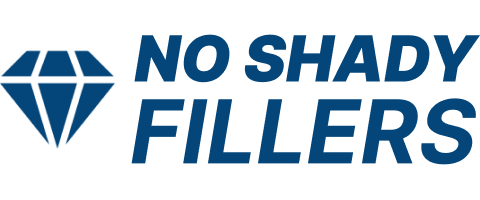

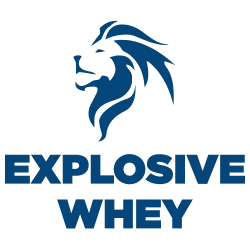
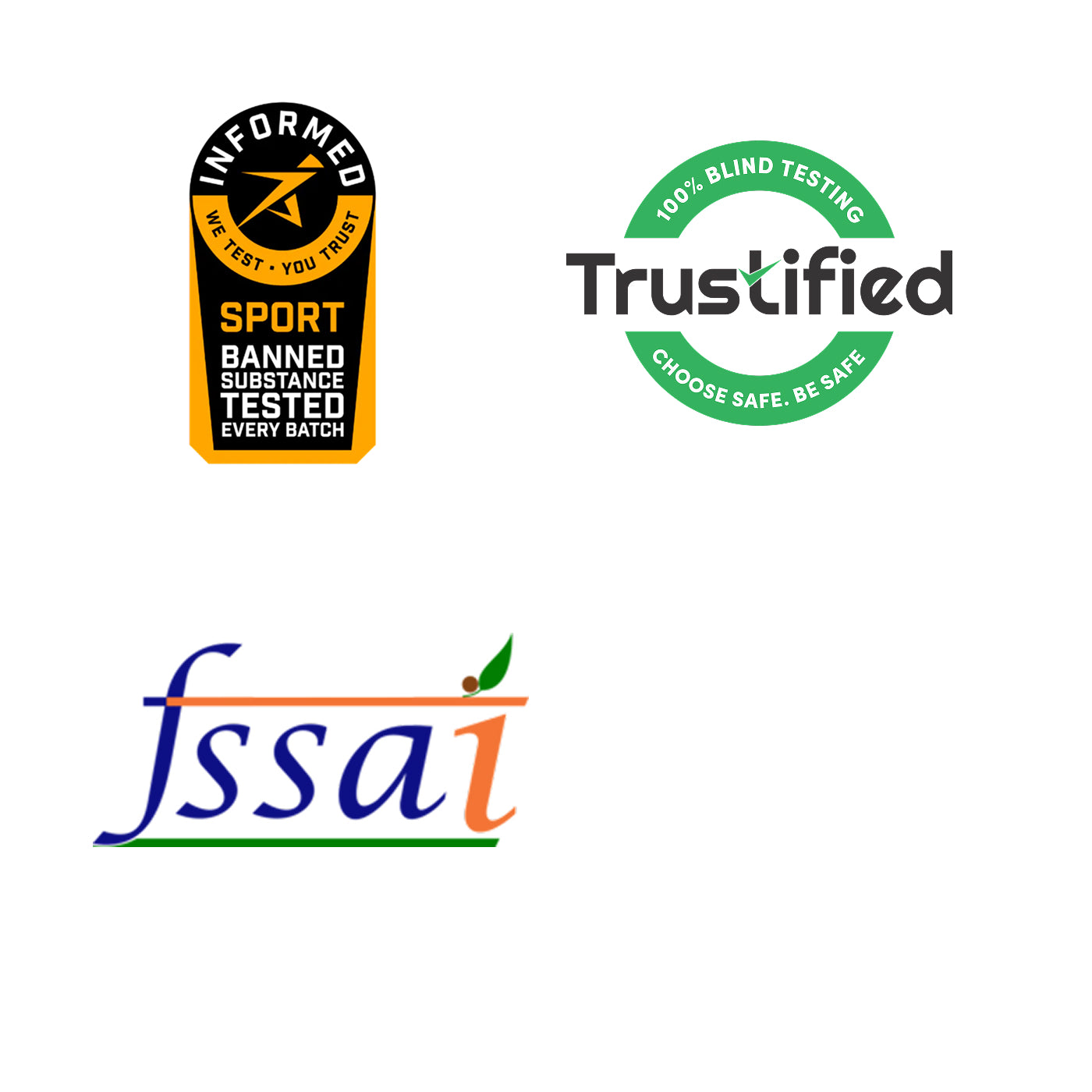
Leave a comment
This site is protected by hCaptcha and the hCaptcha Privacy Policy and Terms of Service apply.